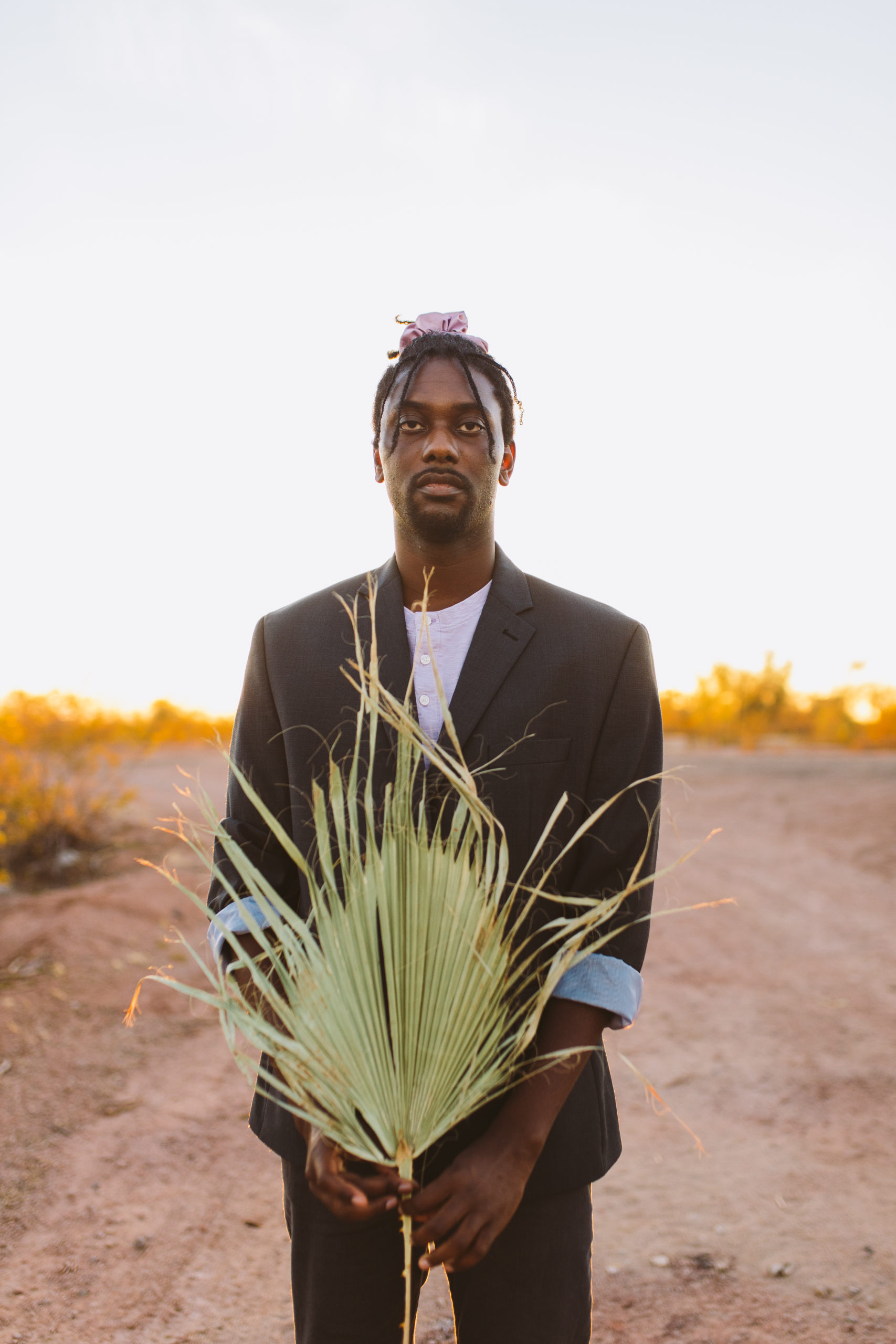
by Michele Kirichanskaya | Sep 29, 2021 | Blog
Sean Avery Medlin (he/they) is a gamer and Hip-Hop nerd, whose only wish in this world is to watch an unproblematic Black sci-fi T.V. show. Till then, Medlin teaches creative writing and guides cultural work for organizations across the U.S., while also creating rap,...
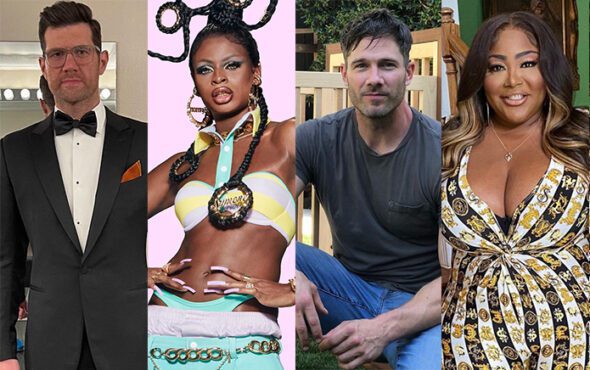
by Kevin Gilligan | Sep 28, 2021 | Podcast
https://geeksoutpodcast.libsyn.com/geeks-out-podcast-queermos-before-bros In this week’s episode of the Geeks OUT Podcast, Kevin is joined by Brett Mannes from the Comic Book Queers Podcast, as they discuss the all LGBTQ+ cast announced for Billy Eichner’s...
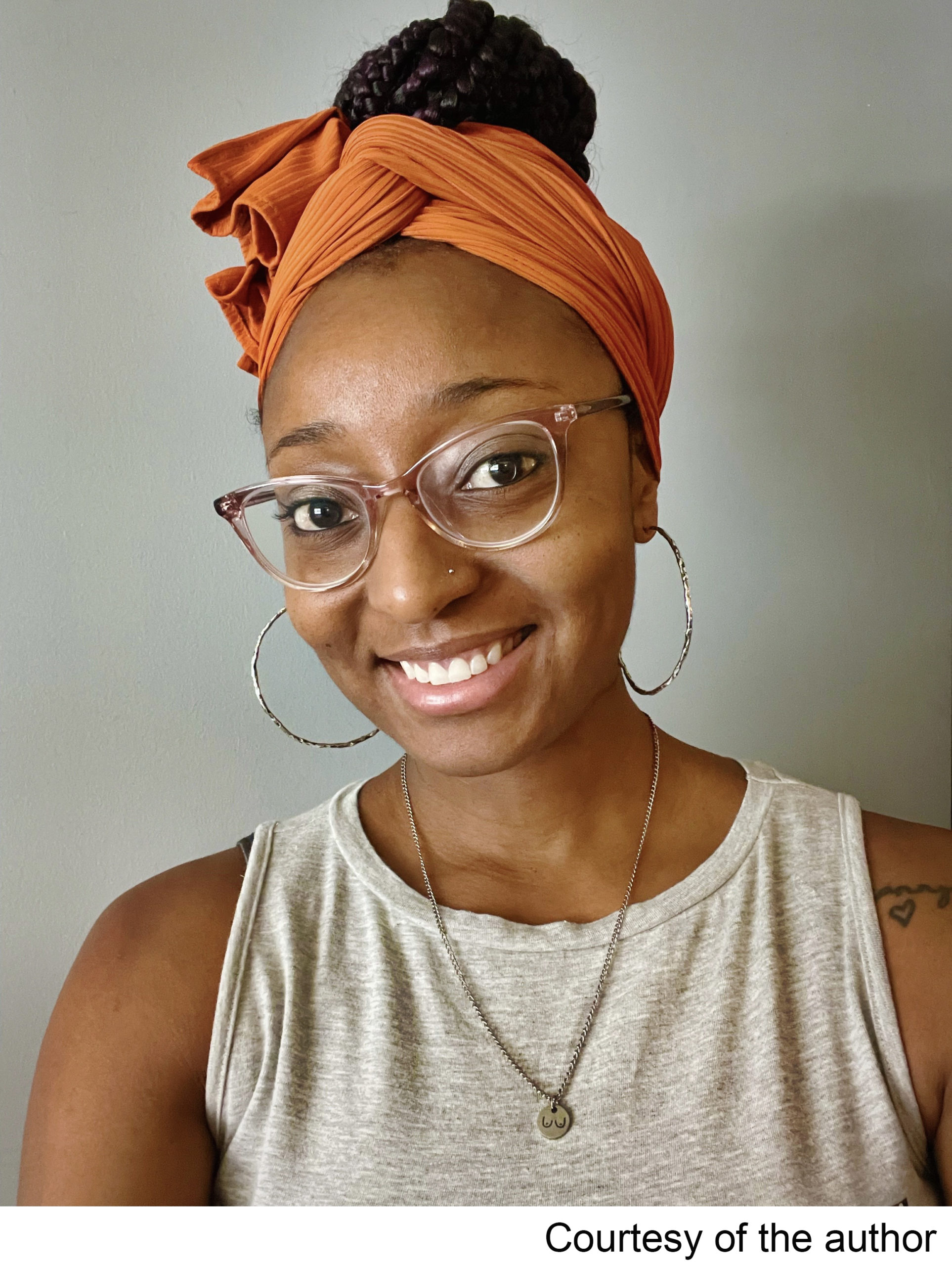
by Michele Kirichanskaya | Sep 24, 2021 | Blog
Ashley Woodfolk has loved reading and writing for as long as she can remember. She graduated from Rutgers University and worked in children’s book publishing for over a decade. Now a full-time mom and writer, Ashley lives in a sunny Brooklyn apartment with her cute...
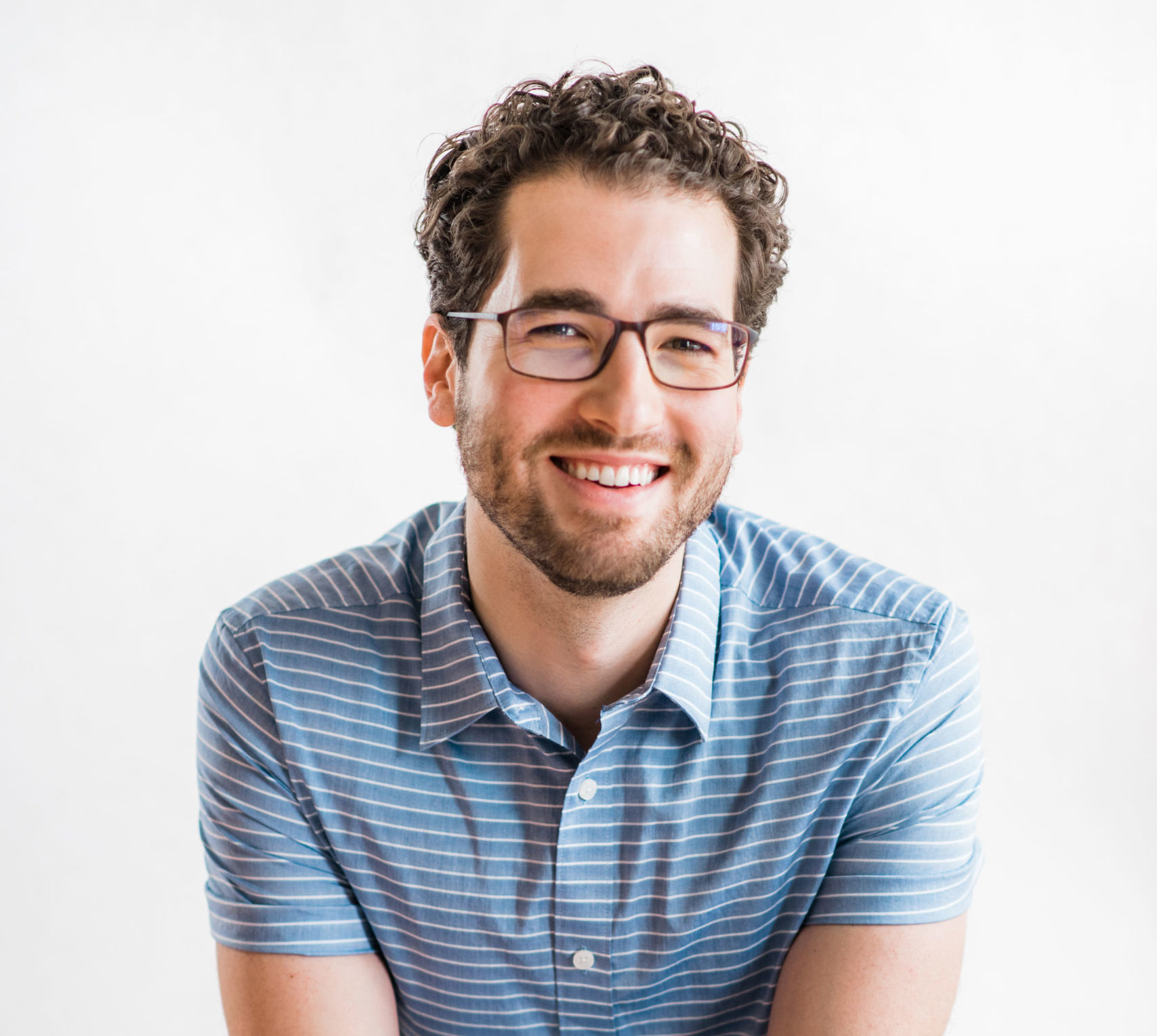
by Michele Kirichanskaya | Sep 22, 2021 | Blog
Jarad Greene is a cartoonist originally from Lutz, Florida, who now lives in the curious village of White River Junction, Vermont. In addition to his own comics, Jarad works on staff at the Center for Cartoon Studies and has helped color many graphic novels for...
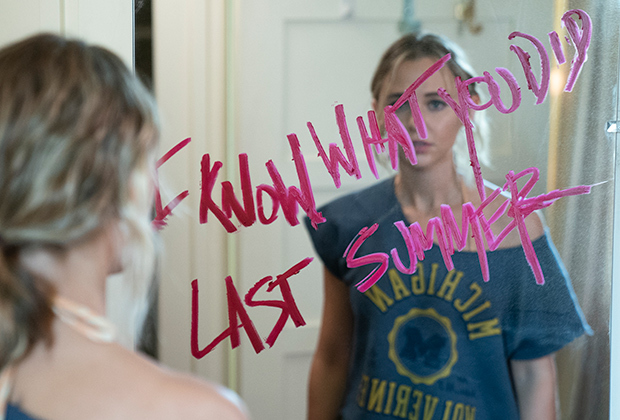
by Kevin Gilligan | Sep 21, 2021 | Podcast
https://geeksoutpodcast.libsyn.com/geeks-out-podcast-i-know-what-you-did-last-reboot In this week’s episode of the Geeks OUT Podcast, Kevin is joined by Daniel Stalter, as they discuss the first trailer for a reboot series of the movie I Know What You Did Last...






